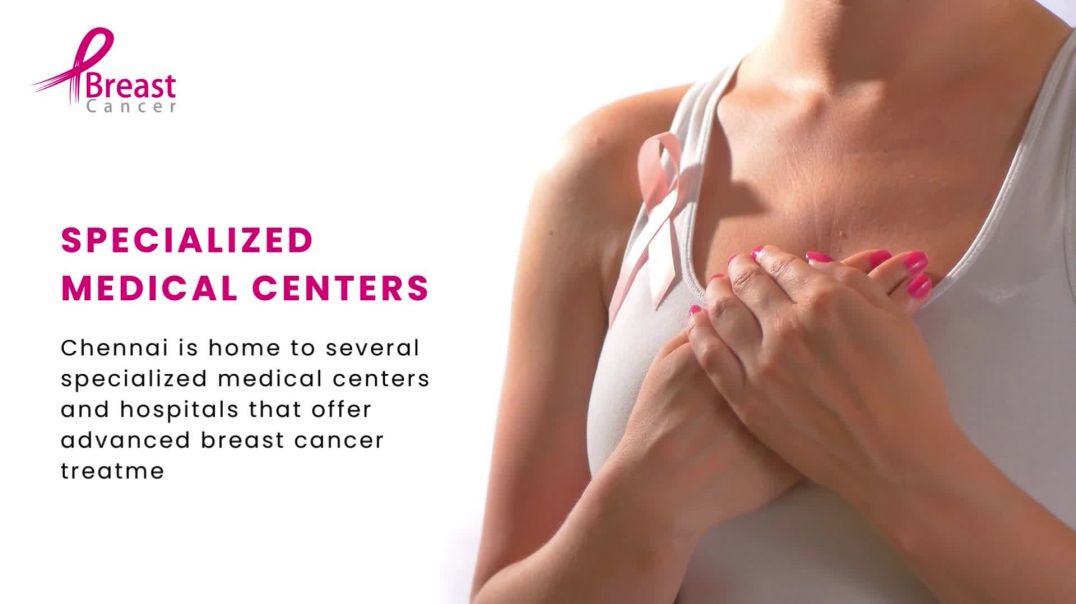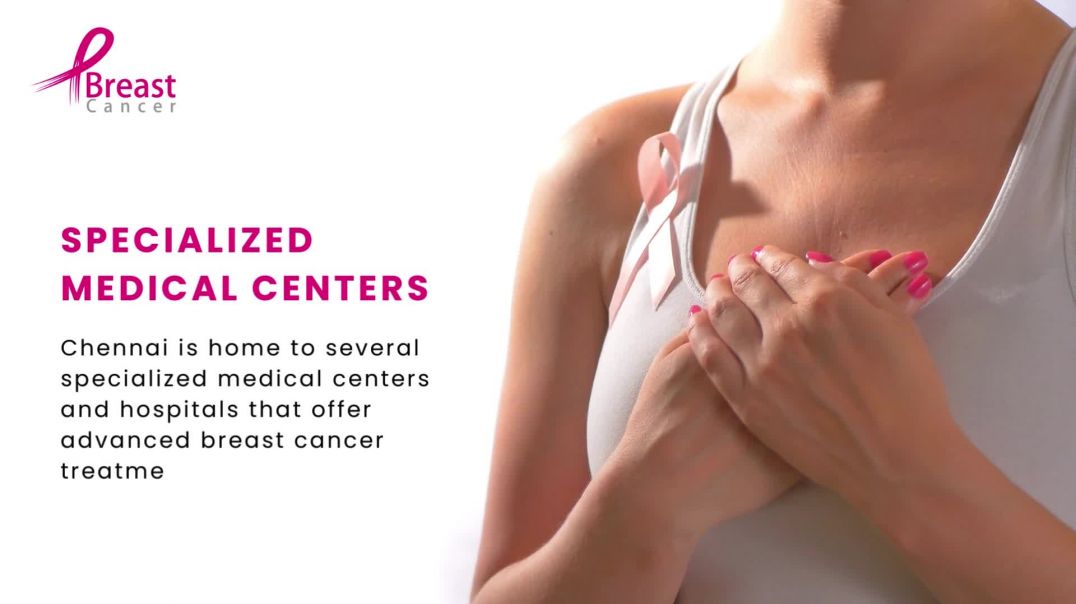Unusual Symptoms of Oral Cancer📌 #shorts #cancer #symptoms
Launching The Era Of Digital Health In Nigeria. App connecting patients to doctors in Nigeria #vkare
Mouth cancer refers to cancer that develops in any of the parts that make up the mouth (oral cavity). Mouth cancer can occur on the: ●Lips ●Gums ●Tongue ●Inner lining of the cheeks ●Roof of the mouth ●Floor of the mouth (under the tongue) ●Cancer that occurs on the inside of the mouth is sometimes called oral cancer or oral cavity cancer. Mouth cancer is one of several types of cancers grouped in a category called head and neck cancers. Mouth cancer and other head and neck cancers are often treated similarly. Risk factors for the development of oral cancer include: Smoking. Cigarette, cigar, or pipe smokers are six times more likely than nonsmokers to develop oral cancers. Smokeless tobacco use. Users of dip, snuff, or chewing tobacco products are 50 times more likely to develop cancers of the cheek, gums, and lining of the lips. Excessive consumption of alcohol. Oral cancers are about six times more common in drinkers than in nondrinkers. Using alcohol and tobacco together increases your chances even more. Family history of cancer. Excessive sun exposure, especially at a young age. Ultraviolet radiation from the sun can cause lip cancers. Age. Oral cancers can take years to grow. Most people find they have it after age 55. But more younger men are getting cancers linked to HPV. Gender. Men are at least twice as likely as women to get oral cancer. It could be because men drink and smoke more than women do. Poor diet. Studies have found a link between oral cancer and not eating enough vegetables and fruits. It is important to note that over 25% of all oral cancers occur in people who do not smoke and who only drink alcohol occasionally. What Can You Do to Prevent Oral Cancer? Scientists think that oral cancer starts when the DNA in the cells inside your mouth gets damaged. But some things, including your health habits, can make you more likely to get it. To prevent oral cancer: Don't smoke or use any tobacco products and drink alcohol in moderation (and refrain from binge drinking). Eat a well-balanced diet. Limit your exposure to the sun. Repeated exposure increases the risk of cancer on the lip, especially the lower lip. When in the sun, use UV-A/B-blocking sun protective lotions on your skin, as well as your lips. You can take an active role in detecting oral cancer early, should it occur, by doing the following: Conduct a self-exam at least once a month. Using a bright light and a mirror, look and feel your lips and front of your gums. Tilt your head back and look at and feel the roof of your mouth. Pull your checks out to view the inside of your mouth, the lining of your cheeks, and the back gums. Pull out your tongue and look at all surfaces; examine the floor of your mouth. Look at the back of your throat. Feel for lumps or enlarged lymph nodes in both sides of your neck and under your lower jaw. Call your dentist's office immediately if you notice any changes in the appearance of your mouth or any of the signs and symptoms mentioned above. See your dentist on a regular schedule. Even though you may be conducting frequent self-exams, sometimes dangerous spots or sores in the mouth can be very tiny and difficult to see on your own. The American Cancer Society recommends oral cancer screening exams every 3 years for persons over age 20 and annually for those over age 40. During your next dental appointment, ask your dentist to perform an oral exam. Early detection can improve the chance of successful treatment.
#oral cancer
#cancersymptoms
#whatisoralcancer
#oralcancercauses
#mouthcancer
#signsoforalcancer
#oralcavitycancer
#cancer
#oralcausessymptoms
#tounguecancer
#symptomsofmouthcancer
#oralcancersigns
#cancercenter
#oralcancerawareness
#oralcancerscreening
#oralcancertreatment
#mouthcancersymptoms
#earlysignsoforalcancer
#canceroralsymptoms
❗DISCLAIMER: THIS SITE DOES NOT PROVIDE MEDICAL ADVICE OR OPINION:
The information provided in this article or website by way of text, illustration, graphics, Images or any other form in this article or website is provided for informational purposes only. No information or material provided on this site is meant to be a substitute for a professional medical advice. Please refer to your family doctor or specialist in that field for any medical condition, diagnosis and treatment.
-
Category






















No comments found